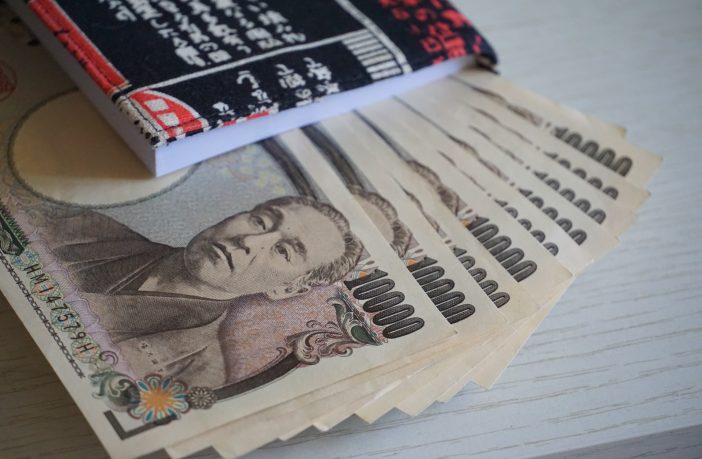Japan’s 10-year government bond yields rose
In April 2023, the head of Japan’s central bank ended his term. He was replaced by a manager whose candidacy was approved by the government. The 10-year government bonds have already reacted to such changes. The yield of securities exceeded the limit of 0.5%, previously set by the regulator. According to analysts, the increase is caused by forthcoming innovations in monetary policy. The previous head of the Central Bank was not adherent to rigid measures on restraint of inflation, however, with a change of management, the strategy of the bank can change.
In December 2022, the Japanese regulator unexpectedly decided to increase the range within which the yield on 10-year government bonds can fluctuate to plus/minus 0.5%. Previously, the range was plus/minus 0.25%. If the rate exceeds the limit, the Central Bank will have to pay attention. Experts do not rule out that the regulator’s response to such a situation could be to widen the corridor. This, in turn, would lead to a sharp drop in the value of government bonds.
Analysts believe that the current head of the Central Bank of Japan will have to change his working approach and take tougher measures to curb inflation. Experts also believe that the Central Bank will be forced to tighten monetary policy rules.

In January 2023, the IMF advised the Japanese regulator to reconsider its strategy for long-term government bonds. The main reason for the change is the high risk of inflation. Increasing the limit will create the necessary reserve for the introduction of new measures to curb price increases. According to the Monetary Fund, the central bank may increase the target yield for government bonds and begin an intensive redemption of bonds. In addition, international experts advise paying attention to the purchase of securities for a shorter period of time. The main task of the Japanese regulator is to achieve stability in the level of inflation without making radical decisions that could harm the economy in the future. The IMF believes that such steps will reduce the negative effects of the monetary policy previously conducted by the regulator.
In Japan, the interest rate for short-term deposits in commercial banks is -0.1% per year. The country still has a minuscule rate, although most states have already abandoned this approach. Many experts disagree with the regulator’s measures to curb inflation. They are not considered effective enough. According to the recommendations of the IMF, the target should be 2%, but so far the Central Bank has not been able to achieve such a result. Analysts predict that inflation will be below this level by the end of 2024. However, this is possible if the level of current wages in the country does not change.




